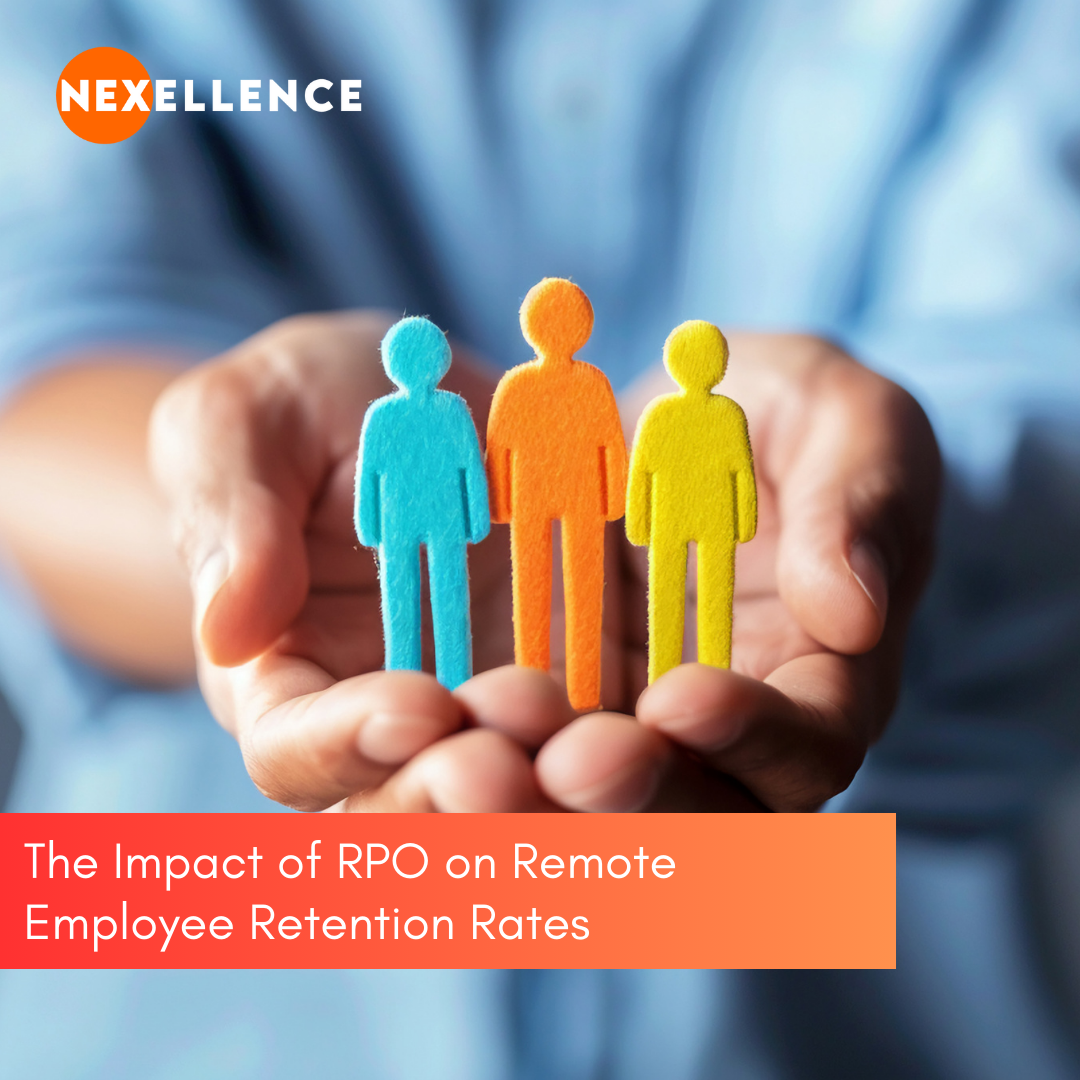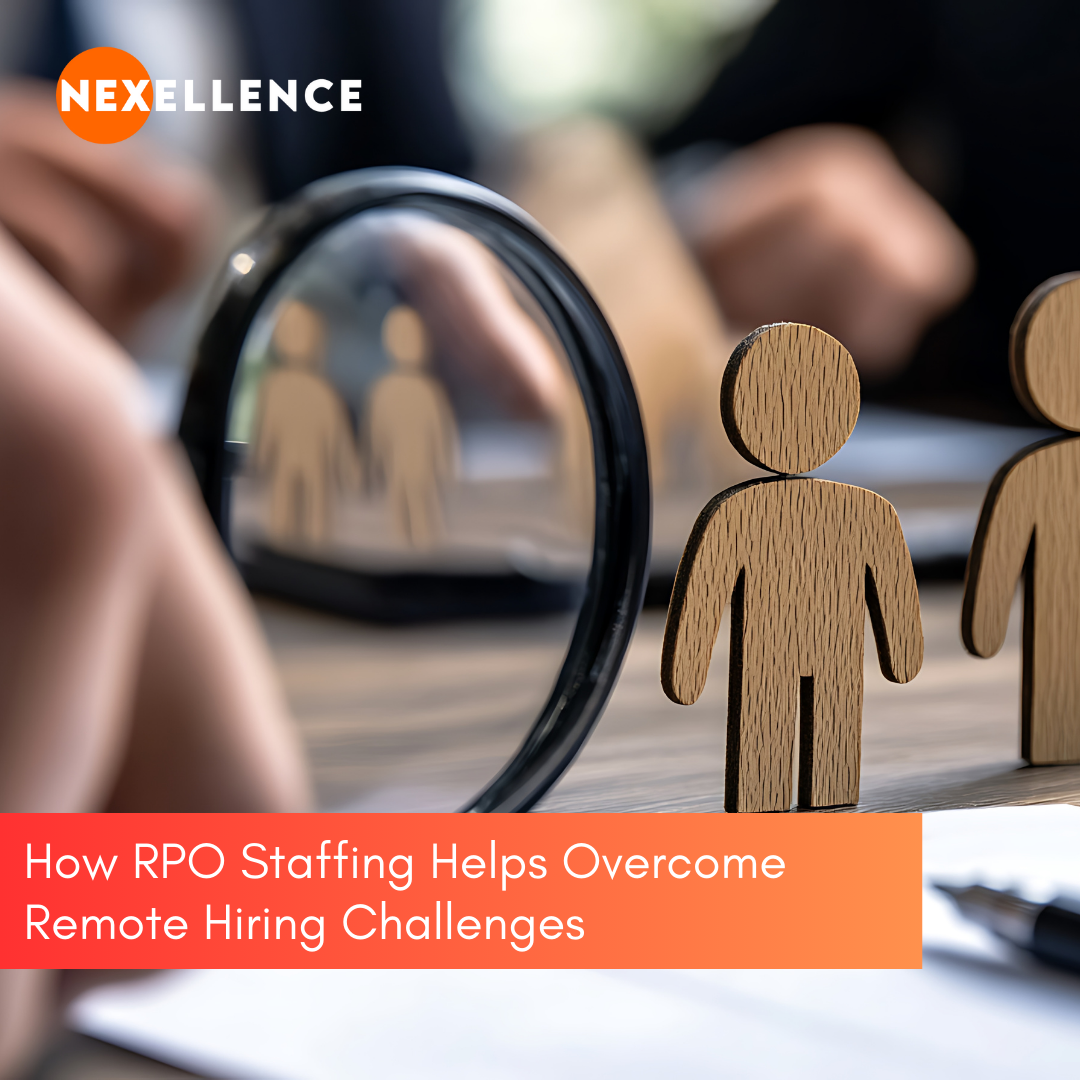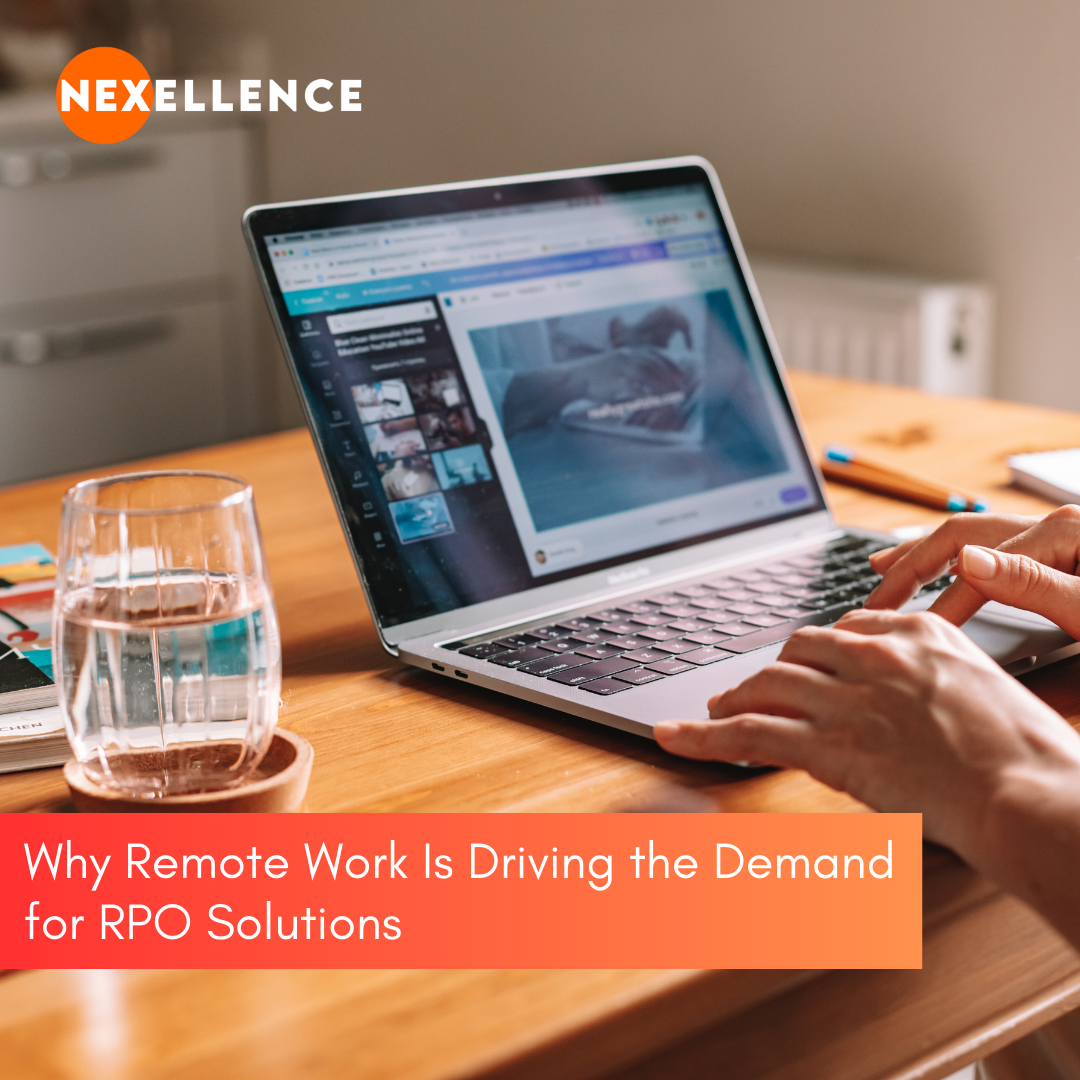The healthcare industry is facing an unprecedented demand for qualified professionals. From frontline nurses to specialized technicians and administrative staff, the competition for top-tier talent is fierce. With rising staffing challenges, many healthcare organizations are turning to Recruitment Process Outsourcing (RPO) to streamline and strengthen their hiring strategies.
In this blog, we’ll explore the vital role RPO plays in healthcare talent acquisition, and how it can help hospitals, clinics, and healthcare networks stay competitive in a tight labor market.
What Is RPO?
Recruitment Process Outsourcing (RPO) is a talent acquisition model where an external provider takes on part or all of an organization’s recruitment activities. This includes sourcing, screening, interviewing, onboarding, and even workforce planning.
Unlike traditional staffing agencies, RPO providers act as a strategic extension of your HR team. They align with your organization’s goals, employer brand, and hiring standards—often offering better results at a lower cost.
Why Healthcare Needs RPO Now More Than Ever
1. Healthcare Talent Shortages Are Worsening
According to the World Health Organization, there could be a shortage of 10 million healthcare workers by 2030. With baby boomers retiring and demand for services rising, healthcare organizations must act quickly to attract and retain talent.
2. Hiring Complexity in Healthcare
Healthcare roles often require:
- Specific licensure or certifications
- Background checks
- Clinical experience
- Regulatory compliance (HIPAA, JCAHO, etc.)
RPO providers bring industry expertise, ensuring that all candidates meet the necessary standards and timelines.
3. High Turnover & Burnout
Nursing and allied health roles have some of the highest turnover rates. RPO can help by designing proactive sourcing strategies and retention-focused onboarding that reduce churn.
Key Benefits of RPO in Healthcare Talent Acquisition
✅ Scalable Hiring Support
Whether you’re opening a new wing, launching a telehealth service, or managing a seasonal surge, RPO providers can scale resources up or down quickly.
✅ Faster Time-to-Fill
Vacant healthcare roles can directly impact patient care. RPO teams use advanced sourcing tools, talent pipelines, and data analytics to fill roles faster than internal HR teams often can.
✅ Improved Candidate Quality
RPO partners specialize in talent assessments and screenings, helping reduce unqualified hires and improve overall workforce competency.
✅ Cost Efficiency
RPO solutions often reduce cost-per-hire by optimizing recruitment processes, decreasing dependency on costly job boards, and minimizing administrative overhead.
✅ Employer Branding
Top RPO firms can also enhance your employer brand through targeted recruitment marketing—essential for standing out in a highly competitive healthcare job market.
How RPO Supports Different Healthcare Segments
| Healthcare Segment | How RPO Helps |
|---|---|
| Hospitals & Health Systems | End-to-end hiring for clinical and non-clinical roles |
| Long-Term Care Facilities | High-volume staffing and compliance-based screening |
| Telehealth Providers | Sourcing tech-savvy clinicians licensed across multiple states |
| Behavioral Health Centers | Sensitive, specialized recruitment for high-touch services |
| Medical Laboratories | Recruiting certified lab techs with niche experience |
Real-World Impact: A Quick Case Study
Challenge:
A large regional hospital system was experiencing a 30% increase in turnover among nursing staff, along with a 60-day average time-to-fill.
RPO Solution:
The RPO provider implemented an AI-powered sourcing platform, streamlined interview scheduling, and created a talent pipeline of pre-qualified candidates.
Results:
- Time-to-fill reduced to 25 days
- Turnover dropped by 18% in the first year
- Annual recruitment cost savings of $450,000
Is RPO Right for Your Healthcare Organization?
Here are signs that RPO may be the right move:
- Your internal HR team is overwhelmed
- You struggle to find or retain clinical talent
- Hiring costs are high and ROI is low
- You need help staying compliant with evolving regulations
- Speed and scalability are critical to your staffing goals





